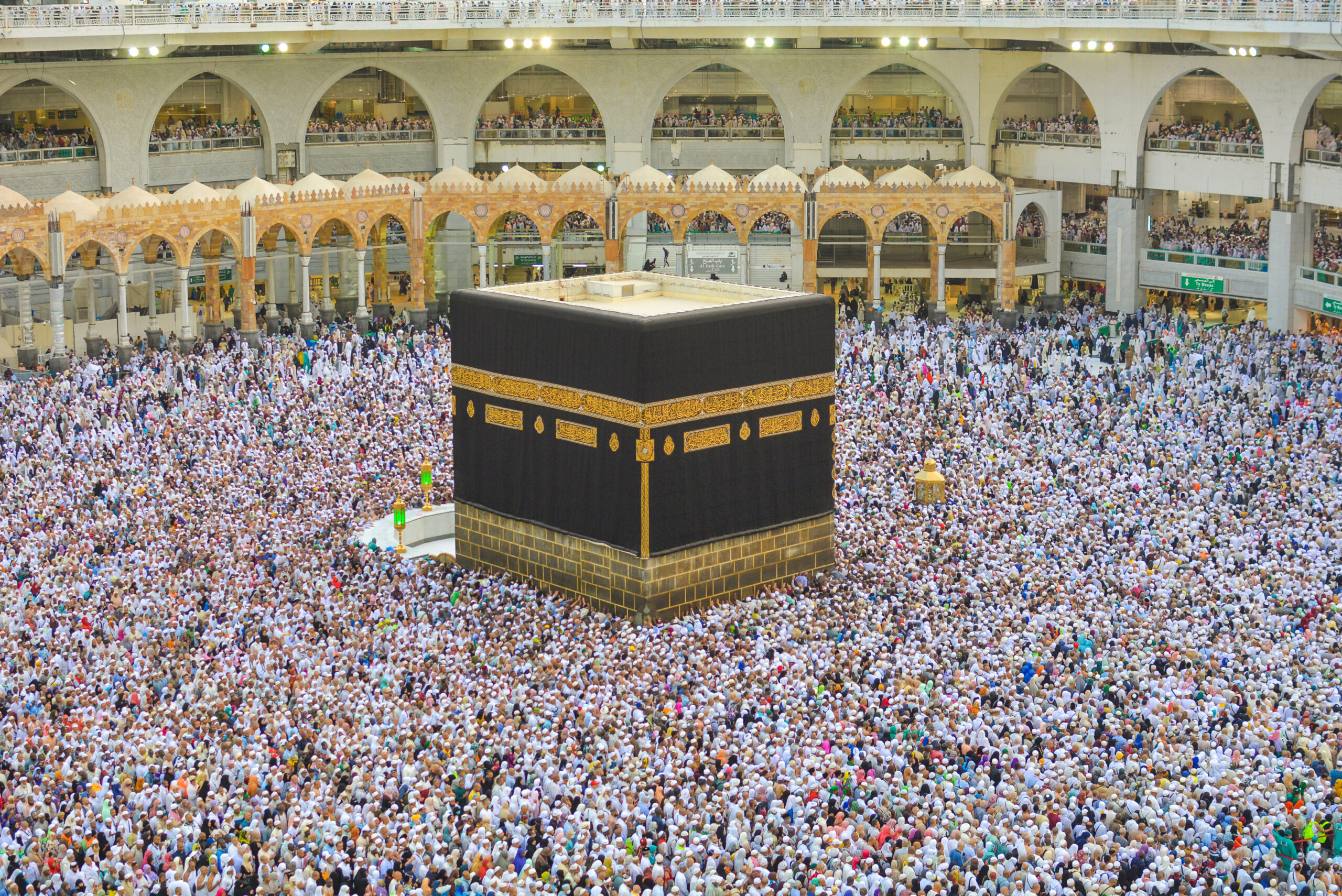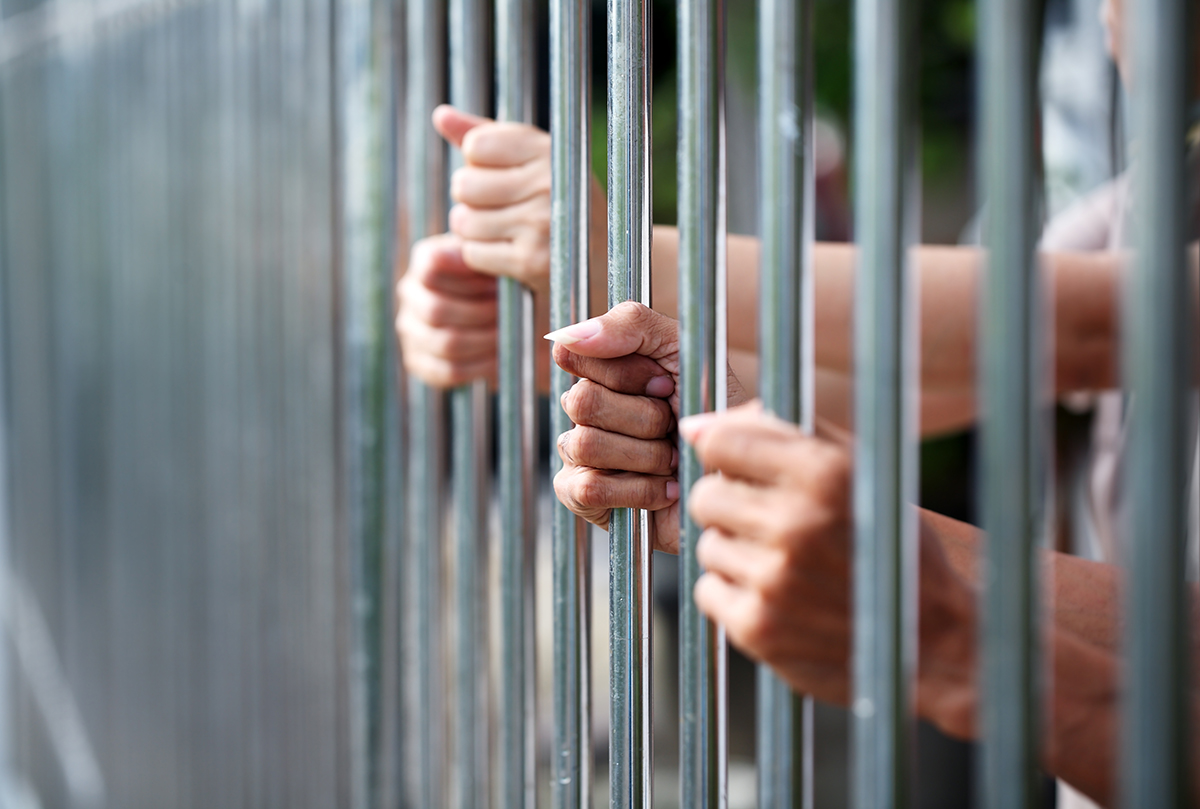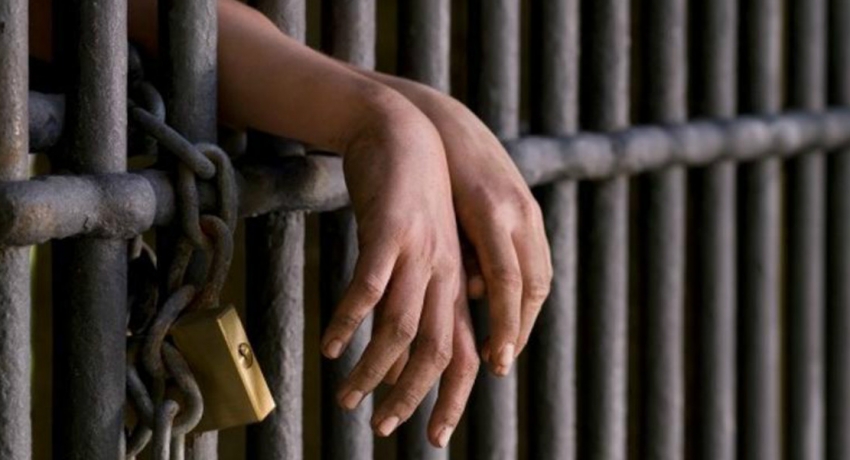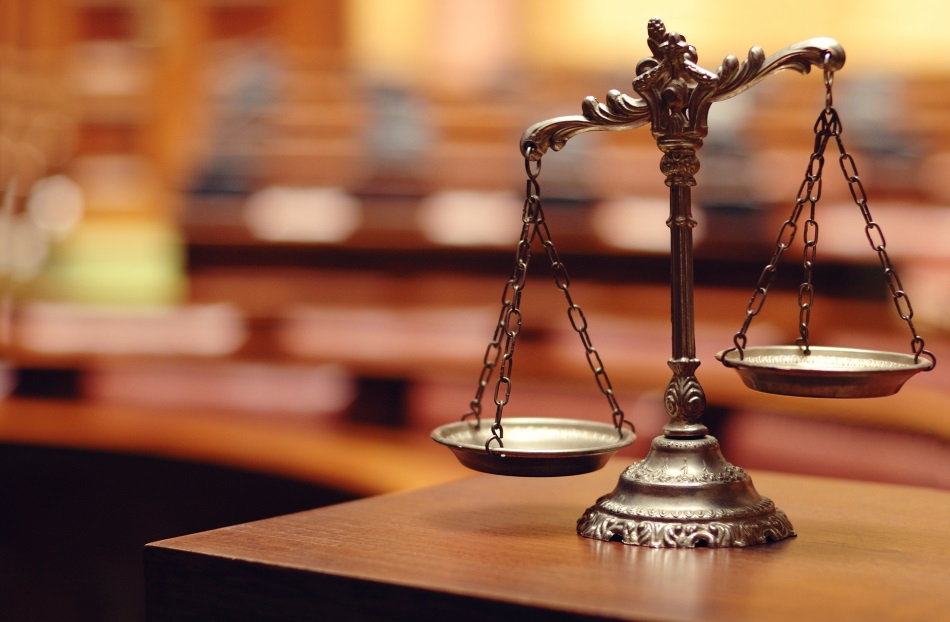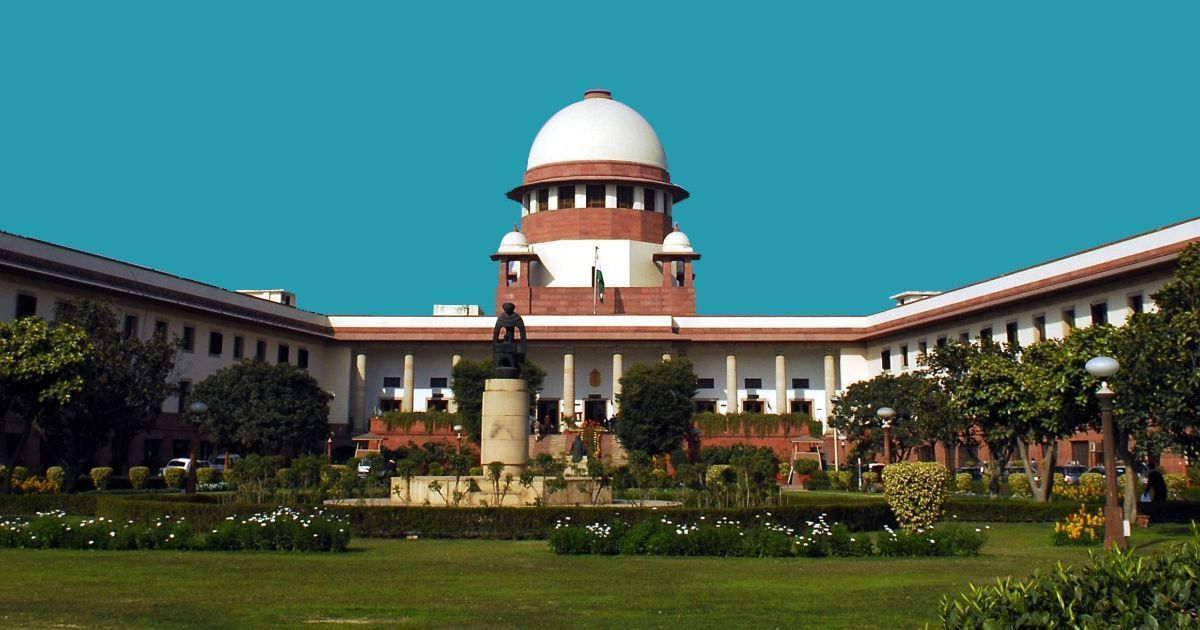Supreme Court orders the Union Ministry of Minority Affairs to communicate with states lacking Haj committees.
The Union Ministry of Minority Affairs has been ordered by the Supreme Court to communicate with States that have not yet established Haj Committees in their various States. A case involving the establishment of a Central Haj Committee as required by Section 3
After 28 years on death row, a man is freed by Supreme Court as it determines that he was a juvenile at the time of the offence
Issue – The Supreme Court freed a man who was on death row after concluding that although he was a minor when the crime was committed, he was tried as an adult and received the death penalty. Facts of the case – The
Claim of Assessment Benefits under Central Excise Act only for Retail Sale
The respondent in the case m/s AR Polymers Pvt. Ltd. is a manufacturer who has been engaged in the manufacturing of footwear and its sale in bulk to the defense and the paramilitary. The case has been recently held by the supreme court
Supreme Court: UAPA provision that makes belonging to a prohibited organisation illegal is not obscure and has no limiting impact.
Issue –The Unlawful Activities (Prevention) Act of 1967’s Section 10(a)(i), which deems belonging to an illegal organisation a crime, is still in effect, and the Supreme Court determined that it is not unclear or arbitrary. Facts of the case – The Court also
The Supreme Court responds that the day of remand should be taken into consideration when evaluating a default bail claim
Issue – The Supreme Court has ruled that the day of remand must be taken into account when evaluating a request for default bail in response to a referral on an important legal issue. Facts of the case – If the charge sheet
Supreme Court ordered Center to respond to a request for protection of Western Ghats
The Central government has been ordered to file a reply affidavit in the case involving the protection of the Western Ghats within four weeks, according to a recent ruling from the Supreme Court bench consisting of Chief Justice D.Y. Chandrachud, Judge P.S. Narasimha,
Under Clause 4 of Schedule III of the SEBI Stock Broker Regulations, fees paid by directors do not qualify for an exemption: Supreme Court
Issue – The Director, and not the Whole Time Director, transferred the corporate entity’s stock exchange registration and paid the registration fees, the Supreme Court upheld SEBI’s decision to deny a corporate entity an exemption from payment of fees under Clause 4 of
State Administrative Tribunal Can Be Abolished By The Union Government: Odisha Administrative Tribunal’s abolition is upheld by the Supreme Court
Issue – The Central Government’s 2019 announcement to abolish the Odisha Administrative Tribunal was upheld by the Supreme Court. Facts of the case – The Orissa High Court’s ruling upholding the OAT’s abolishment was challenged in a petition brought by the Odisha Administrative
Supreme Court Accepts Petition Contesting Frequently Shuttered Internet in Different States
Issue – The Supreme Court decided to take up a case brought by the Software Freedom Law Centre in India protesting nationwide Internet shutdowns in certain states. Facts of the case – The petitioner’s attorney initially argued that the problem of internet outages
Diversion of gas to other stations, not enough ground to seek compensation: SC dismisses appeal
Supreme court recently dismissed an appeal while assailing the judgement given by the appellate tribunal for electricity and held that the electricity board would not indemnify if there was no provision regarding compensation of full fixed charges and actual variable charges in the
